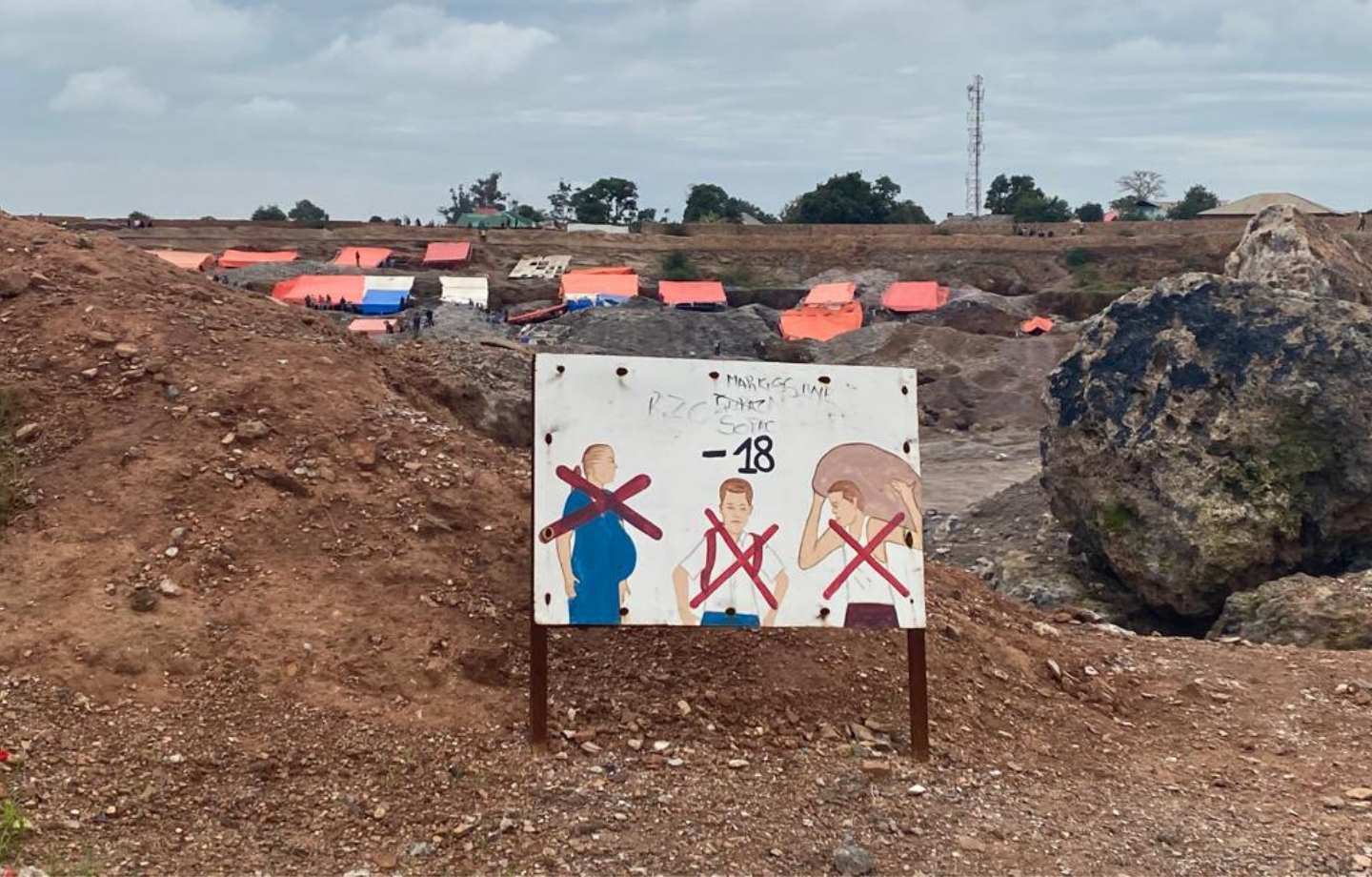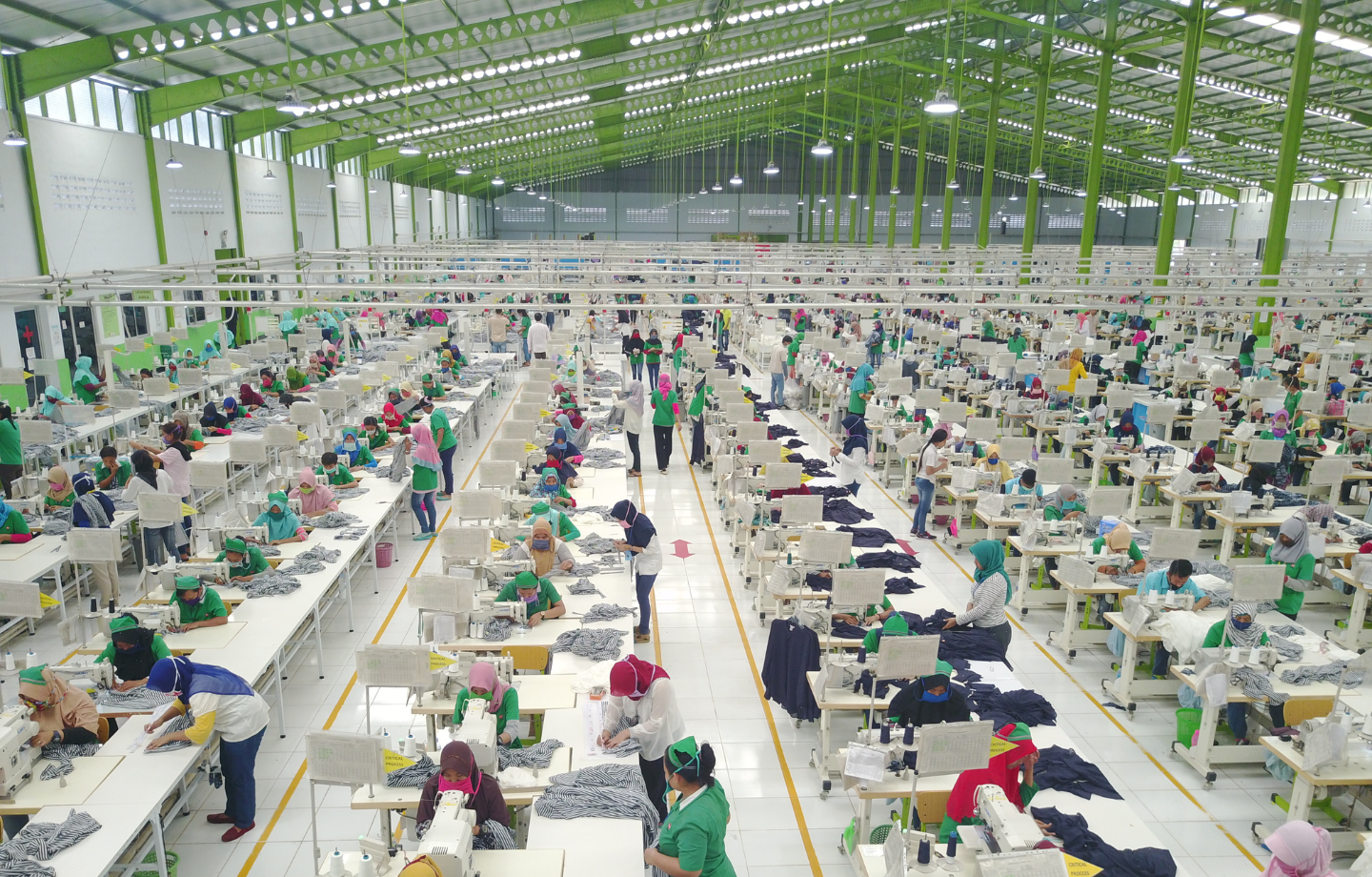Recruiting Construction Workers from South Asia: Pursuing Practical Reform

March 31, 2015
Throughout the world, people are migrating from relatively poor countries to more affluent places to get a job. Each year, millions of migrant workers send money home to their families, often bridging the gap between extreme poverty and making ends meet. On a macro level, these remittances are critical to the overall economic viability of many less developed countries. According to the World Bank, these remittances totaled $436 billion globally in 2014.

In the construction industry in the Persian Gulf, most workers come from South Asia to work on projects funded by that region’s oil rich economies. Mostly young men, they have been recruited from chronically poor rural villages and urban areas in India, Pakistan, Bangladesh, Nepal and Sri Lanka. All too often, they sign recruiting contracts which obligate them to pay onerous fees that will take many months to repay. Because they are never reimbursed for these recruiting fees, they are, in essence, working without compensation for months on end. While much has been written about the routine exploitation of these workers, there has been surprisingly little focus on the business models that contribute to this exploitation, and especially the business models of South Asian recruiting firms and their commercial relationships with construction firms operating in the Gulf.
Today, the NYU Stern Center on Business and Human Rights announced a new initiative aimed at shining a light on the business of recruiting and exploring ways to reform the recruiting system. Beginning this summer, we will study the recruitment business in South Asia as the first phase of what will be a multi-year project.
 Global Labor
Global Labor


